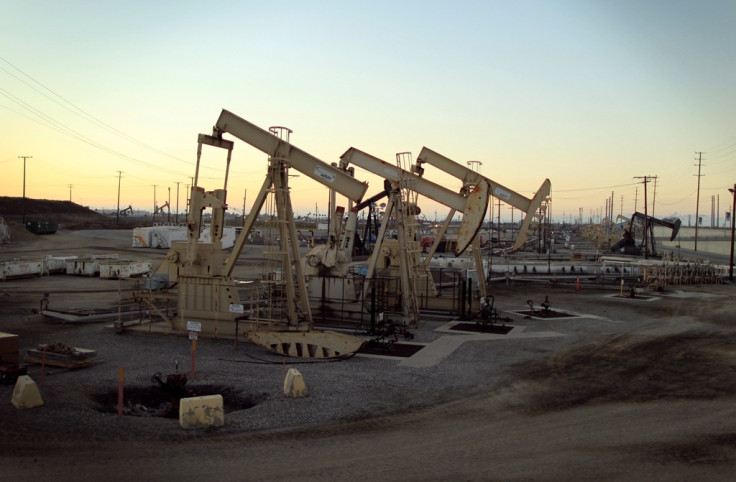Crude oil futures gain on weak US dollar and falling US drilling activity
Brent crude gains some 2.2% for the week.

Crude oil futures witnessed mixed trade on 15 May, but settled higher for the week, buoyed by a weaker US dollar and falling US drilling activity.
Brent July contract finished 11 cents, or 0.2%, higher at $66.81 a barrel on Friday.
The global benchmark gained some 2.2% for the week.
US June contract finished 19 cents, or 0.3%, lower at $59.69 a barrel on Friday.
WTI gained 0.5% for the week on a whole, logging its ninth straight weekly gain. That rally marks the longest winning streak in at least 30 years, Price Futures Group's Phil Flynn told MarketWatch. News reports, meanwhile, said the rally was the longest since 1983.
The US dollar was weakened this week by a raft of dismal US data and the dollar index has now dropped for five weeks in a row, the longest stretch of declines in four years.
A weak greenback makes dollar-denominated commodities such as oil cheaper for holders of other currencies.
And Baker Hughes reported that the number of US rigs actively drilling for oil, as of 15 May, fell for the 23rd week in a row, down eight rigs. The rig count now stands at 660, down some 58% since a peak in October 2014.
Capital Economics said in a note to clients: "Oil prices continued to consolidate (in the mid-$60s for a barrel of Brent) as the prospect of declining US output in the coming months was balanced by expectations of a partial recovery inshale production later in the year."
Capital Economics said in a separate note: "We think concerns that Saudi Arabia is drawing down its savings to maintain spending in the face of lower oil prices misses the point that these buffers were built up precisely for a time like this. Indeed, the Kingdom's strong balance sheet has allowed it to take a longer-term view of the oil market where its strategy appears to be bearing fruit."
Earlier in the week, the International Energy Agency (IEA) said that while it expects American shale oil output growth to show signs of slowing, other producers like Saudi Arabia and Russia continue to increase production.
© Copyright IBTimes 2025. All rights reserved.






















